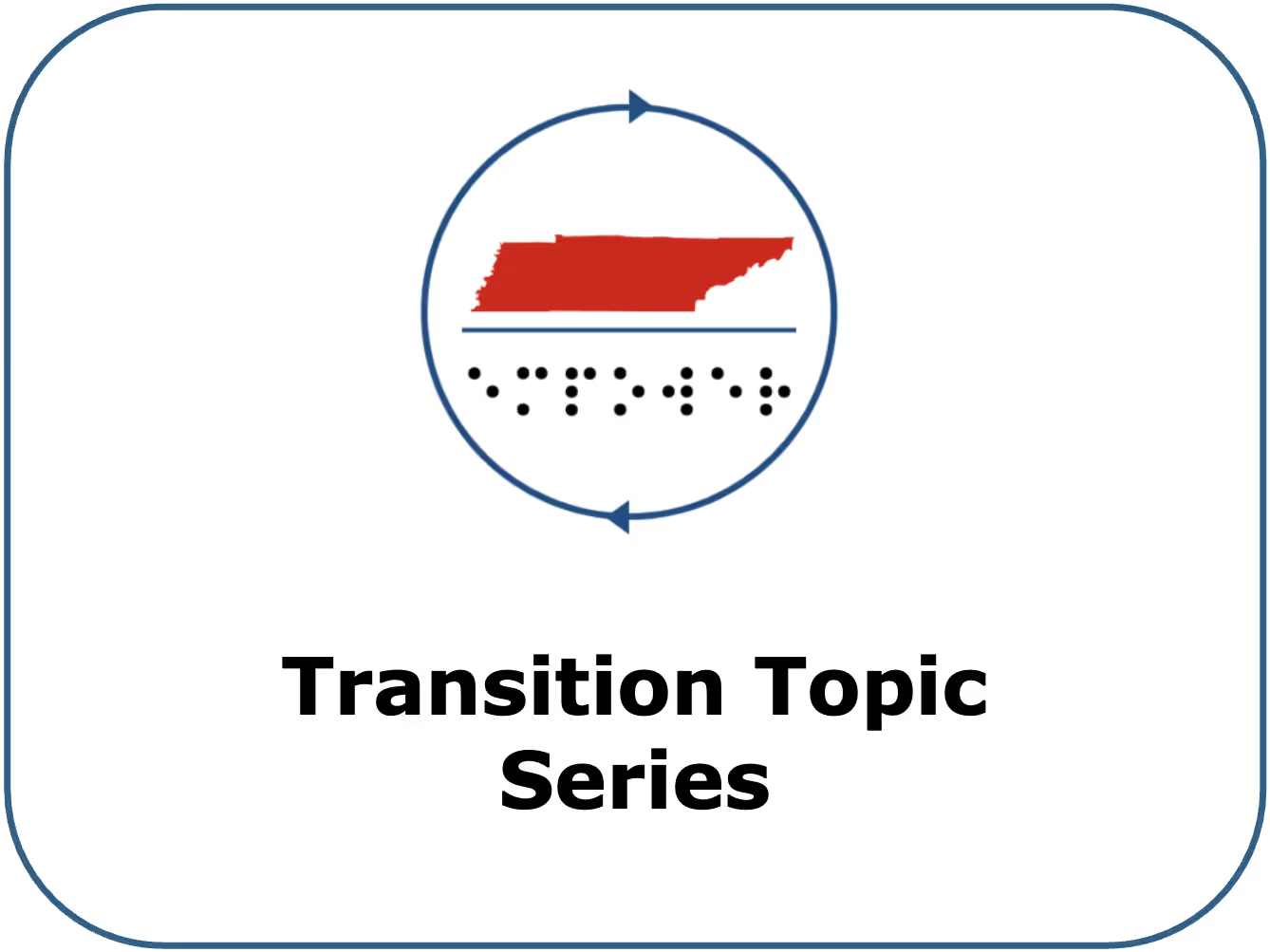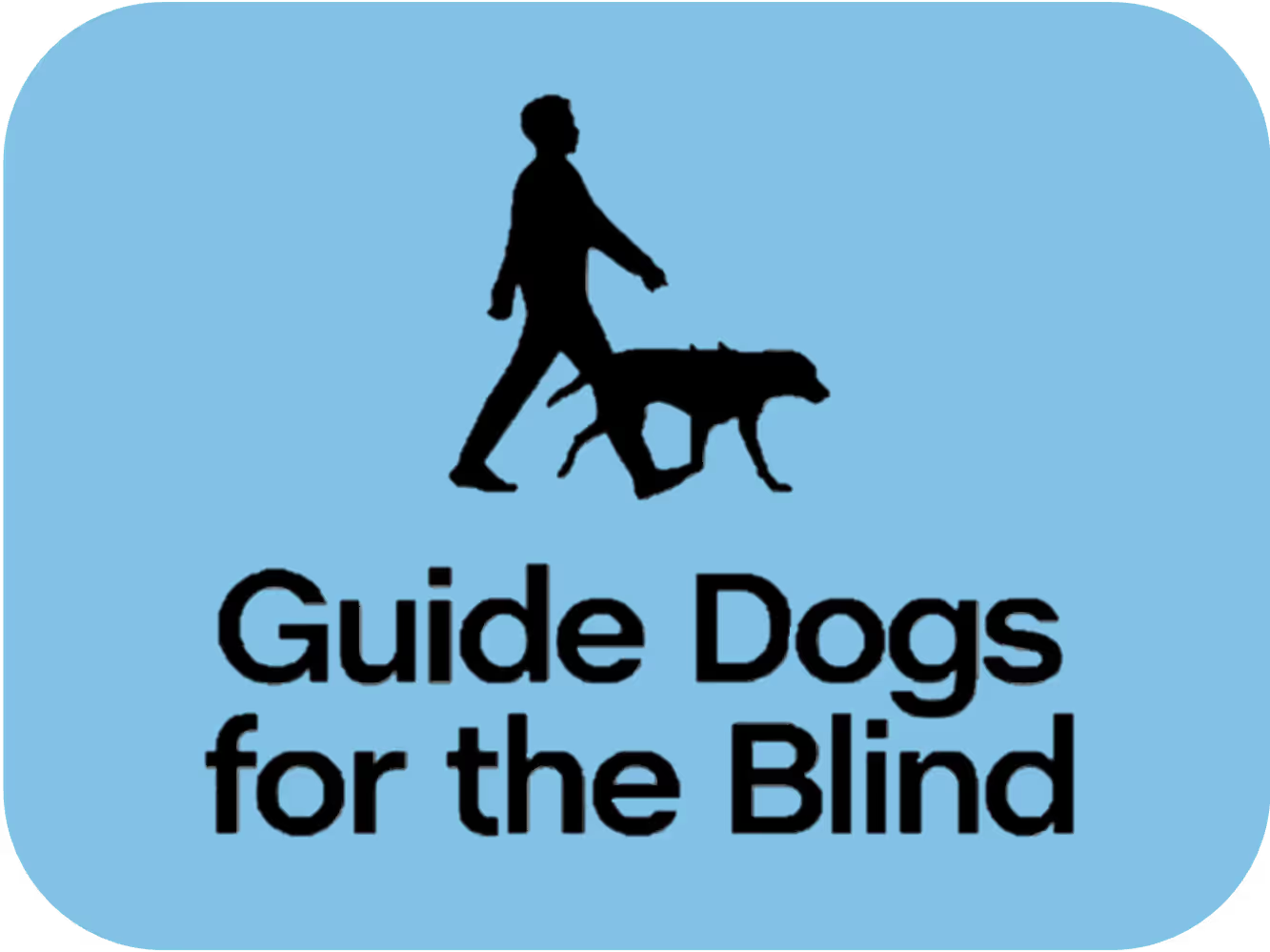Guide Dog Considerations Definitions A guide dog is a service animal. Service animals are individually trained to do work or perform tasks for an individual with a disability.
The Americans with Disabilities Act (ADA) requires that people who are blind or disabled be allowed to be accompanied by a working dog in any public space (ADA, Section 36.302(c)). Through the ADA law, public spaces that are to abide by the law are facilities that fall within at least one of the following categories:
Places of lodging Establishments serving food or drink Places of exhibition or entertainment Places of public gathering Sales or rental establishments Service establishments Stations used for specified public transportation (e.g., bus/train station) Places of public display or collection Places of recreation Places of education Social service center establishments Places of exercise or recreation Guiding Questions Are you interested in having a guide dog? Do you understand the responsibilities of guide dog ownership? Are you aware of the added orientation and mobility skills needed to be accepted for a guide dog? Have you been around dogs in your life? Do you have a certain breed of dog you would like for your guide dog? (this can impact agency used) Questions a guide dog agency may ask:
Do you have adequate cane skills? Do you have good proprioception skills? Do you know where your body is in space? For example, can you touch your finger to your nose, or put your two hands together in front of your body (without using any functional vision)? Are you generally healthy, with no major health concerns? Are you able to make and attend your health appointments? Do you know at least 3 routes to a destination from your home to complete a Juno Walk? A Juno walk is a walk without a dog where you would hold a fake harness that an assessor holds the front of. Are you able to take care of yourself in your home? Are you able to take care of a dog? (Feeding, toileting, grooming, exercising, socializing, etc.) Is where you live appropriate for a guide dog? (E.g., are there many wild animals (squirrels, chipmunks) that may require certain training for your guide dog?) Resources Introduction to Guide Dogs (Empowervi.org) - This resource introduces the topic of guide dogs
including your rights as a guide dog user, the responsibilities of owning a guide dog, the application process, guide dog agency contact information, and resources.
National Association of Guide Dog Users (NAGDU) – Central hub for information relating to guide dogs. Conferences and virtual information sessions are delivered through the association. Your Rights and Responsibilities of owning a guide dog can also be found through this resource.
Guide Dog Self-Screening Tool – This resource allows you to answer a variety of questions to determine whether you are ready for a guide dog or not. Some questions might alert you to increasing your skills in a certain area or where you need to gain knowledge, for example, scheduling a health appointment for your guide dog.
Pilot Dogs Eligibility and Application Process – Explore this resource to learn about Pilot Dogs eligibility criteria, application process, and next steps after applying.
Guide Dog Graduate Testimonials – This short video showcases three guide dog and owner teams that recently graduated from guide dog training.
Disability Law Summary K-12 vs. Higher Education (Service Animal Examples) - This screen-reader accessible table summarizes four primary laws pertaining to K-12 legal requirements for accommodations vs higher education legal requirements for accommodations. The table also describes how each law addresses service animals.






